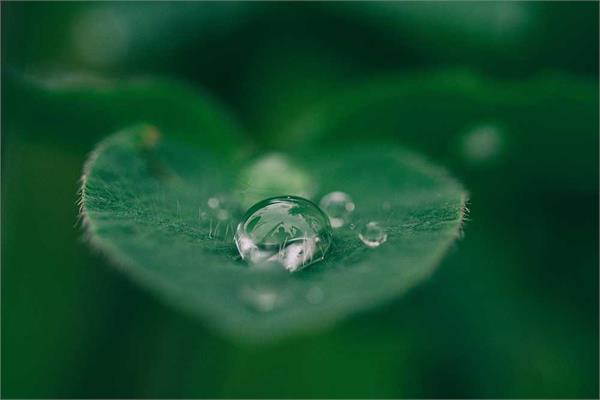
The producer of carbon-based products Rain Carbon announced two initiatives to reduce its environmental impact.
Rain Carbon Inc., a global manufacturer of carbon-based products and advanced materials, has announced two new initiatives to further develop its commitment to minimise the environmental impact of its operations as well as helping customers to attain their own sustainability goals.
“Building on more than a century of industry leadership and innovation, we are committed to creating a new future for Rain Carbon that empowers our company to meet rapidly emerging customer needs and accelerates the transformation of our industry in a world committed to cleaner, greener, lighter and faster products and manufacturing processes,” stated Gerry Sweeney, president of Rain Carbon.
The first initiative is a detailed carbon-footprint analysis of the company’s coke calciner in India, which sulphur dioxide scrubbing system has virtually eliminated the plant’s SO2
emissions and now fabricates a sustainable by-product used in the local brick-making industry.
The second one is related to the annual TMS conference (“Sustainability in the Aluminum Supply Chain”). Rain Carbon was the supervisor and will expanded its keynote with a detailed carbon-footprint analysis of one of its aluminium smelting customers and two raw materials suppliers, in order to better quantify cradle-to-gate emissions in producing low-carbon aluminium. The report is expected to be published by the end of 2021.
Sustainable products and processes
“We live in a society where sustainability is quickly becoming a license for companies to do business, with growing demands for reduced greenhouse gas emissions, decreased energy consumption, ‘doing what’s right’ when it comes to corporate social responsibility and much more. At Rain Carbon, we know that nothing will have a greater impact on the success of our business than our sustainability efforts and ability to meet the related needs of our customers,” commented Sweeney.
Rain Carbon’s sustainability activities start with the “upcycling” of industrial by-products – green petroleum coke and coal tar included. By extracting additional value, the company is transforming them into critical raw materials. For example, the production of aluminium is allowed by providing petroleum coke (that derives from green petroleum coke produced during oil refining) and coal tar pitch (from coal tar, a by-product of steel production), both essential raw materials in the anodes required for smelting.
Other examples are Rain Carbon’s PETRORES® specialty coatings, used in the lithium-ion batteries that power zero-emission electric vehicles, and NOVARES® resins, that reduce rolling resistance in automobile tires and thereby energy consumption: Rain Carbon’s proprietary anhydrous carbon pellets will enable to increase utilisation rate of green petroleum coke, while contributing to lower emissions and energy consumption by aluminium smelters.
Moreover, the company has invested in waste-heat recovery systems and is also striving to enhance the well-being of its employees as well as the quality of life in the surrounding communities.
“The co-generated electricity and steam is used by our plants and other companies, and it is supplied to the local power grid, thus mitigating the need to generate the same amount of electricity – much of which would come from fossil fuel-fired plants – and eliminating the accompanying CO2 emissions. Our clean-air efforts can also be seen in the flue-gas desulfurization systems installed at four of our plants in the United States and India that remove as much as 98% of the SO2 from our emissions. While we have made important strides during the initial leg of our sustainability journey, we also know there is much more to be done. Rain Carbon is committed to leveraging the ingenuity that is part of our DNA to solidify our proven position as a ground-breaking industry leader and ensure we remain a driving force in creating a more sustainable world in the years ahead,” concluded Sweeney.